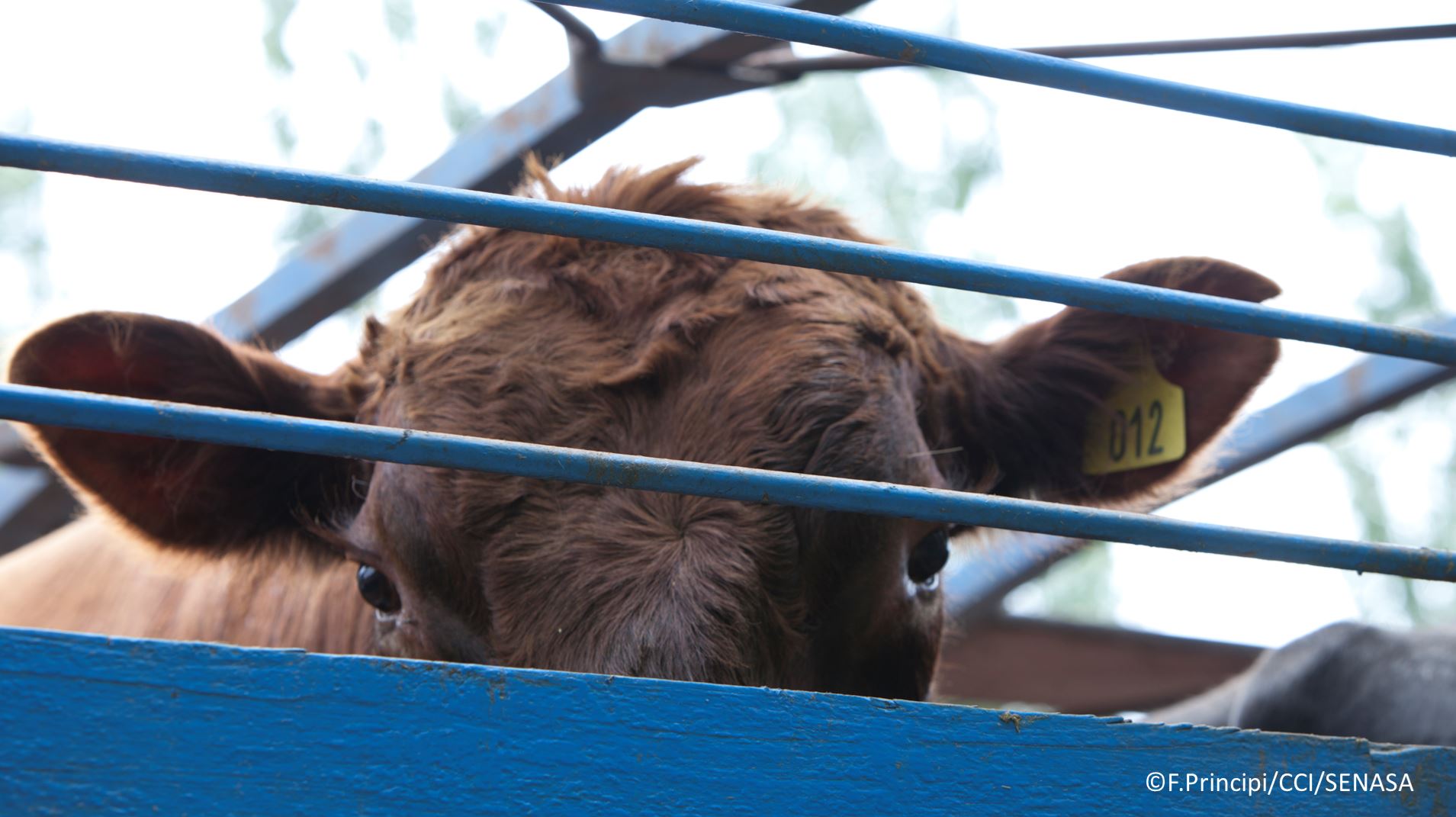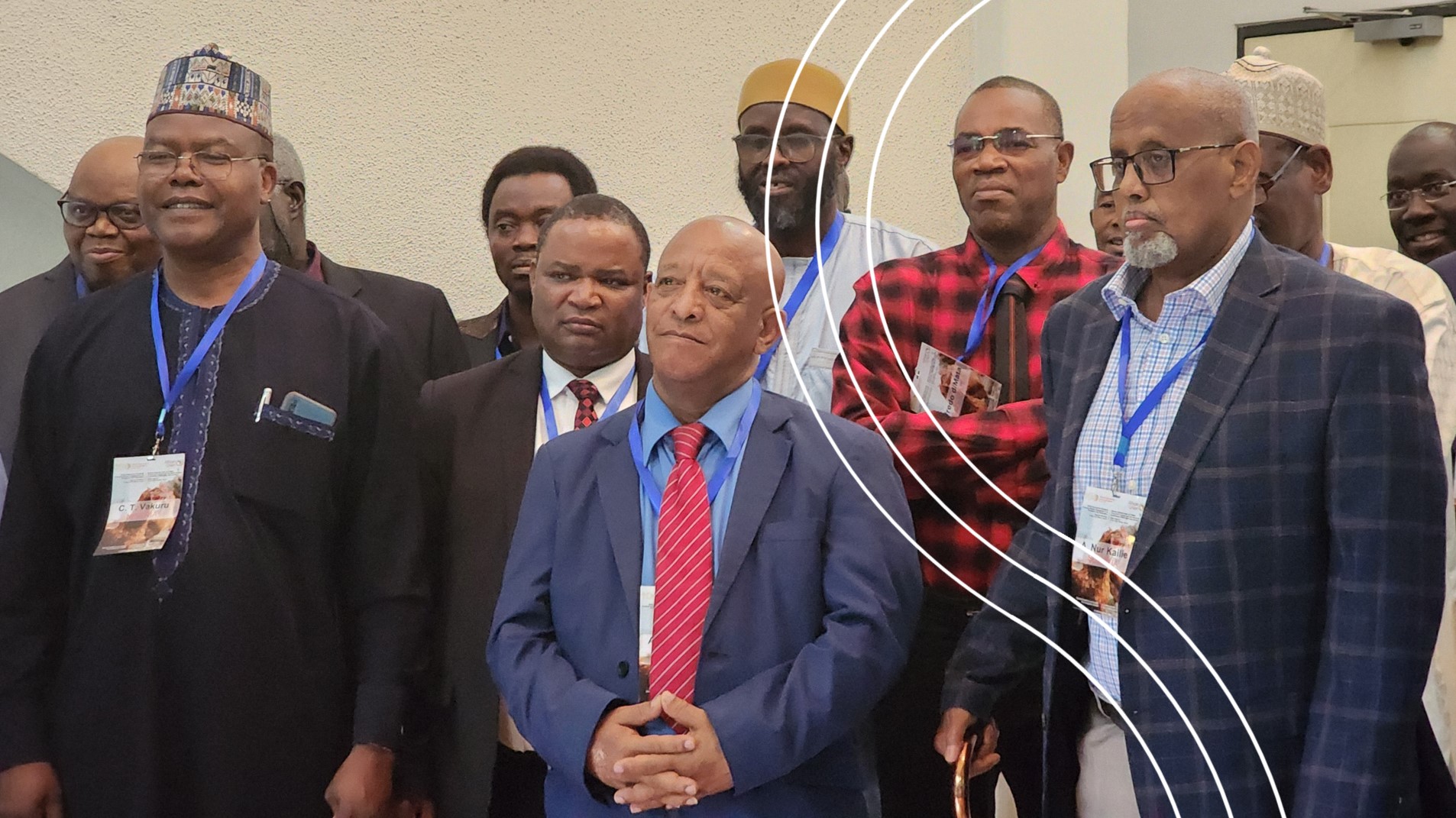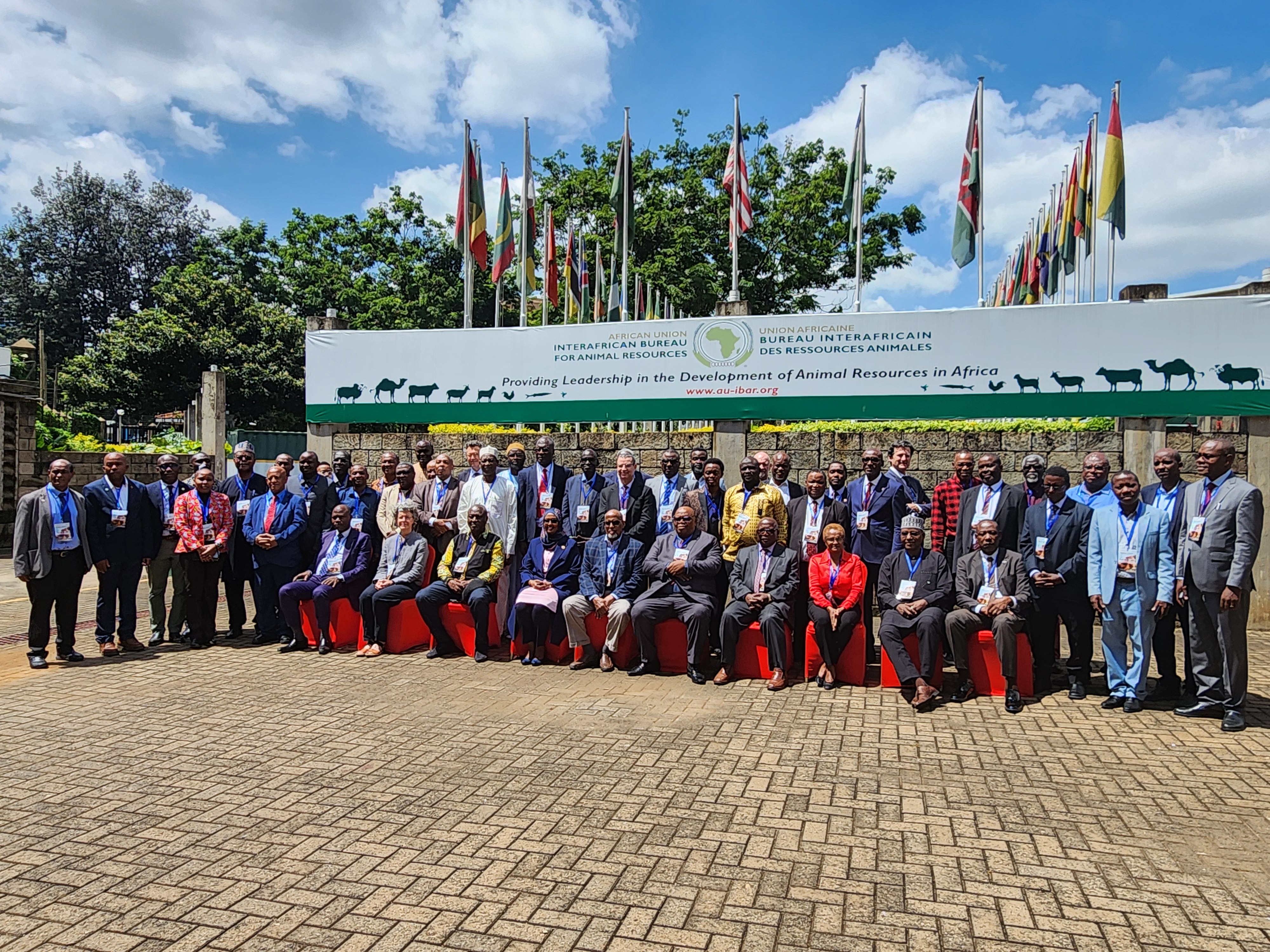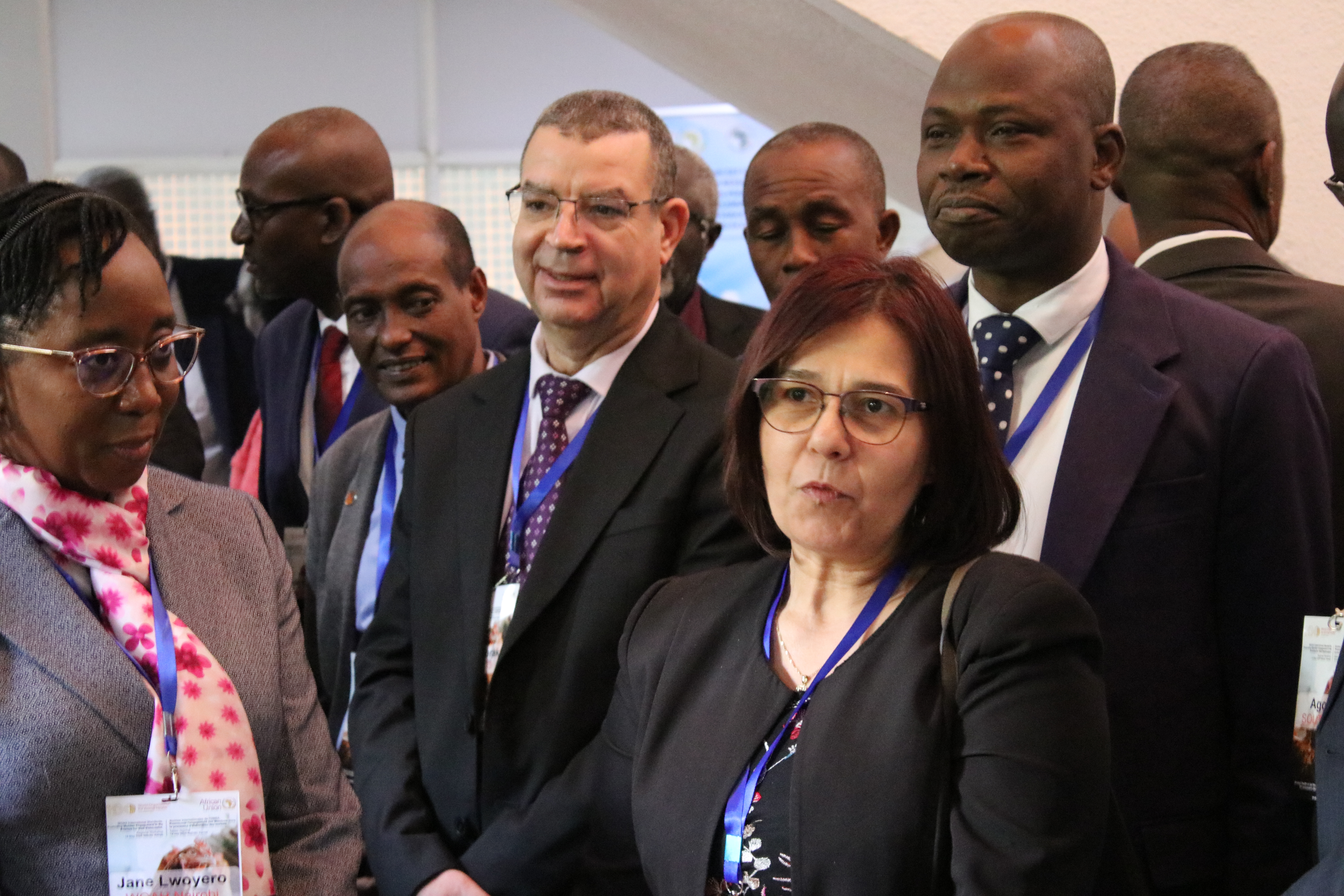
The World Organisation for Animal Health (WOAH) establishes International Standards for the improvement of animal health and welfare and veterinary public health worldwide, including the prevention of disease spread through international trade of animals and animal products. WOAH International Standards (Aquatic Code, Terrestrial Code, Aquatic Manual and Terrestrial Manual) are core outputs of the Organisation, and they serve as references for Members (countries and territories) in developing national regulations and implementation programmes.
WOAH International Standards are regularly updated in accordance with new scientific information and evidence available, following a participatory process that concludes by the adoption by the World Assembly of Delegates. The process for the elaboration and revision of WOAH International Standards is an inclusive process that involves the active participation of WOAH Members and partner international organisations. This process is led by WOAH Specialist Commissions, and also involve subject matter experts, ad hoc Groups and Working Groups.
Over recent years, WOAH has been working to continue to improve the content and readability of the Specialist Commission’s reports to improve the transparency of the process for the elaboration of WOAH international Standards.
Engagement of WOAH Members is a critical part of this process, not only to ensure that the Specialist Commissions’ work to develop new or revise existing Standards are science-based but also to ensure that the Standards under development take into consideration the different contexts among Members, and to enable implementation of Standards by all WOAH Members.
WOAH believes that through improved visibility of the comments under consideration, Members, International Organisations (IO) and relevant stakeholders will gain a better understanding of the range of opinions submitted, and this step will also make it possible for the Commissions to present their responses to comments in a clearer manner. Together this should result also in a better understanding of Member concerns, help build consensus on the proposals, and will also progressively improve the quality of the comments received.
In March 2024, comments considered during the February 2024 meetings by the Aquatic Animals Commission, the Code Commission, and the Biological Standards Commission were published for the first time. The comments were published on the Delegate’s website only, at the same time as the respective February 2024 report and included the name of the Member or International Organisation (IO) that submitted the comment.
The current workshop was aimed at providing an update to Delegates of the WOAH Africa Region on key aspects of WOAH International Standards and their implementation, as well as on the importance of taking part in the process for their elaboration.
The training workshop was organised back-to-back with the 16th Pan-African Chief Veterinary Officers or CVO/WOAH Delegates Meeting (15 May) and the meeting on Sharing of the Global Sustainable Livestock Transformation Initiative lead by FAO, as well as the Review and Validation of the Regional Strategy for the Control of African swine fever (ASF) in Africa (16 May). The event was attended by the Delegates (or their designated substitutes) of the following Members (out of 54). This represents an attendance of 74% of Members.
The meeting was also attended by WOAH staff (Nairobi-based), representatives of the host institution (African Union) and a representative of the donor, the Directorate General (DG) Health and Food Safety, of the European Commission (DG-SANTE).
The training was officially opened by Dr Samuel Wakhusama, WOAH Sub-Regional Representative for Eastern Africa, followed by Dr Huyam Salih, Director of the Interafrican Bureau for Animal Resources (AU-IBAR) of the African Union. The training itself was guided by a draft agenda which was followed with the necessary flexibility to allow for more interaction and playful ice-breakers, and was structured along the following sessions, with very active engagement of the Delegates throughout the meeting :
Dr Samuel Wakhusama, WOAH Sub-Regional Representative for Eastern Africa
WOAH International Standards: Animal health is our health. It’s everyone’s health





